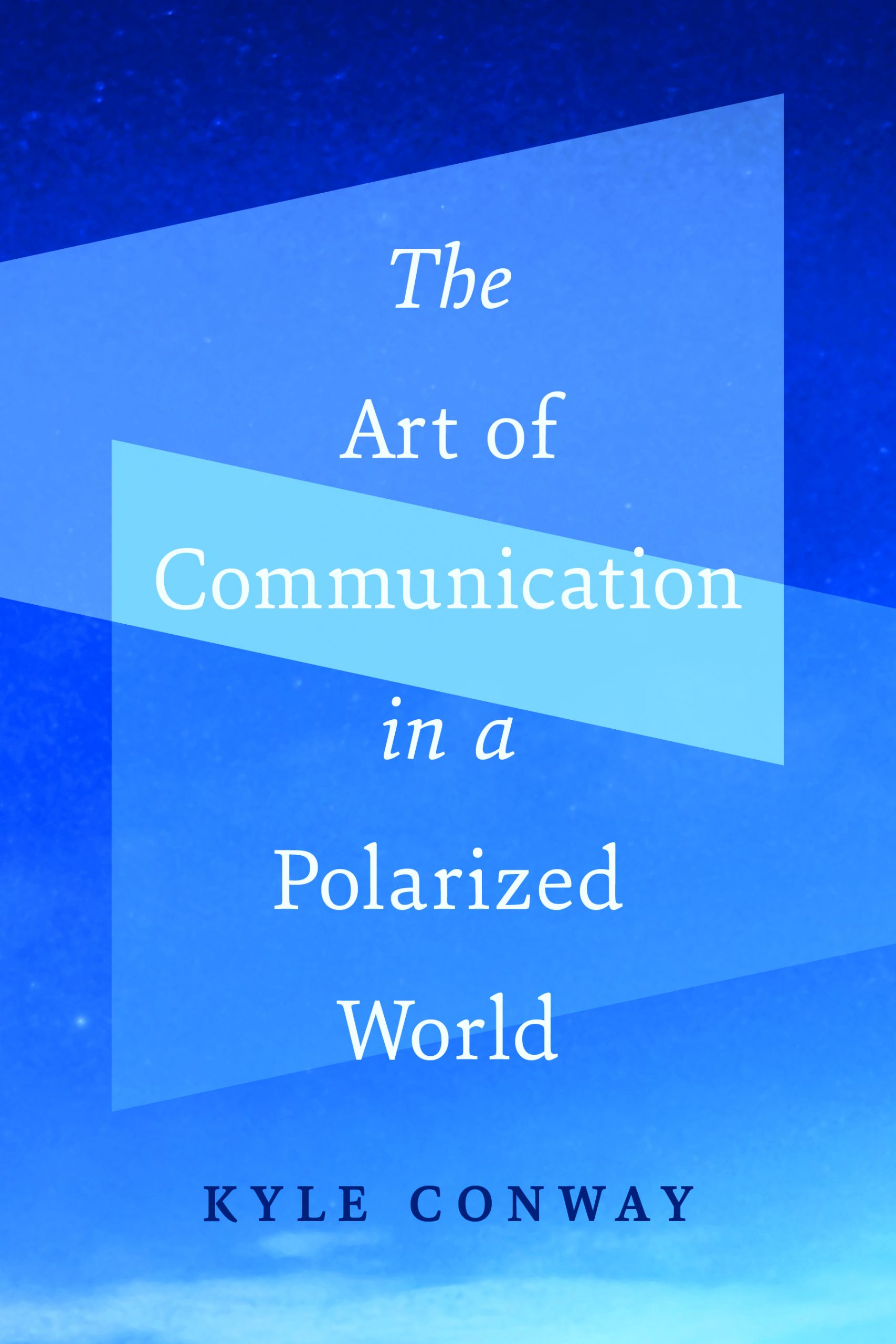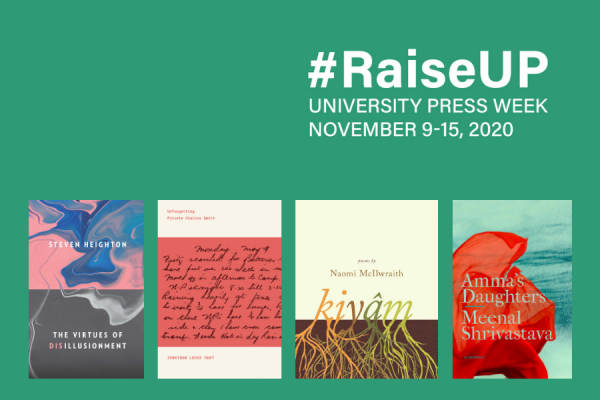Earlier this week, we found out that three of our books are on the 2021 Alberta Book Publishing Awards shortlist. We are absolutely thrilled to see these books recognized and wanted to share a little more information about each of these books to show why they earned these nominations.

CATEGORY: Learning Book of the Year
SHORTLISTED BOOK: Martin Weller’s 25 Years of Ed Tech
A lively and approachable volume based on Weller’s popular blog series, this rich, multimedia experience unpacks the implementation of ed tech across higher education. From Bulletin Board Systems to blockchain, Weller follows the trajectory of education by focusing on the technology, theory, or concept that has influenced ed tech. Calling for both caution and enthusiasm, 25 Years of Ed Tech advocates for a critical and research-based approach to new technologies, particularly in light of disinformation, the impact of social media on politics, and data surveillance trends.
An audio version of the book was created by Clint Lalonde at BC Campus and then a serialized podcast, hosted by Laura Pasquini, featured the book chapter by chapter. This project, which was the result of the always enthusiastic and collaborative ed tech community, is supported with its own website and Twitter account. Read more about it on our blog or in this article by BC Campus. It’s also worth taking a listen to this interview with Martin by Bonni Stachowiak for the Teaching in Higher Ed podcast.
And don’t miss the opportunity to check out the popular hashtag #25YearsOfEdTech and the customizable and shareable digital cover created by Bryan Mathers at Visual Thinkery. Perhaps most impactful about 25 Years of Ed Tech was the number of positive reviews it garnered, so you don’t have to take our word for it, check these out: Wonkhe, TeachOnline, Digital Education, Open Scotland, All About Mentoring, the Turkish Online Journal of Distance Education, and the Croatian Medical Journal.

CATEGORY: Scholarly and Academic Book of the Year
SHORTLISTED BOOK: The Art of Communication in a Polarized World by Kyle Conway
Author Kyle Conway from the University of Ottawa confronts the communication challenges of our modern world by navigating the space between opposing perspectives. Drawing on the theory of cultural translation and its dimensions of power, meaning, and invention, The Art of Communication in a Polarized World serves to deepen our understanding of what it means to communicate and opens the door to new approaches to politics and ethics.
For a book to earn an award nod in this category, it needs to tackle its subject matter in new and meaningful ways. As Conway says in his interview with Prairie Books Now: “Misreading is a knife that cuts both ways, which is why we must also think about our obligations to the people we’re talking to.” As the review of the book in the Journal of Cultural Analysis and Social Change suggests, Conway’s pragmatic approach to theory “welcomes new and seasoned scholars alike to a conversation about the utility of a meta-theoretical approach to communication theory that takes contingency, created by a gap in meaning, seriously.”

CATEGORY: Book Cover Design
SHORTLISTED BOOK: The Virtues of Disillusionment by Steven Heighton, cover design by Natalie Olsen from Kisscut Design.
The process of creating a book cover begins with a design brief that communicates the key themes and ideas to facilitate an effective design that best reflects the subject of the book. In the design brief for The Virtues of Disillusionment, we presented Natalie with the following comments from the author as a starting point:
The key thing here is PARADOX, things not seeming as they are, the fact that something so painful is also necessary and healthy. These basic principles, along with the use of math as one analogy, and references to Buddhism and Leonard Cohen, should all be food for thought. There are so many ways we could go. And although there is not yet a clear vision, we see something simple–a simple image, framed, on a solid background, with the title in a simple, dignified font. Like the cover of a Pema Chodron book, say, in the Religion or Philosophy section in a bookstore.
Also part of this process is to share with the designer a more conventional description of what the book is about:
Mesmerized by hollow concepts of success, love, happiness, and so on, many of us sleepwalk through life in futile pursuit of these ghostly illusions. Achieving a state of disillusionment, then, should be a positive feat, yet the term itself bears powerfully negative connotations. In this essay, Steven Heighton mathematically evaluates the paradox of disillusionment while considering his own illusions and their impact on his writing. A meditation on language and philosophy, The Virtues of Disillusionment exposes the secret tragedy of hope and examines how illusions affect creativity, art, and society. It also suggests ways to harness the power of illusions and considers how disillusionment can lead to freedom.
The response from Natalie was a concept she described as something akin to “mental formations” of illusions with swirling smoke. The pink tones allude to seeing the world through rose-coloured glasses and a crisp break of the pattern from full colour to black and white highlights the disjointedness between illusion and reality. The juxtaposition of these two elements that resulted in a design that deepens our understanding of the book’s content and beautifully presents its primary theme.


